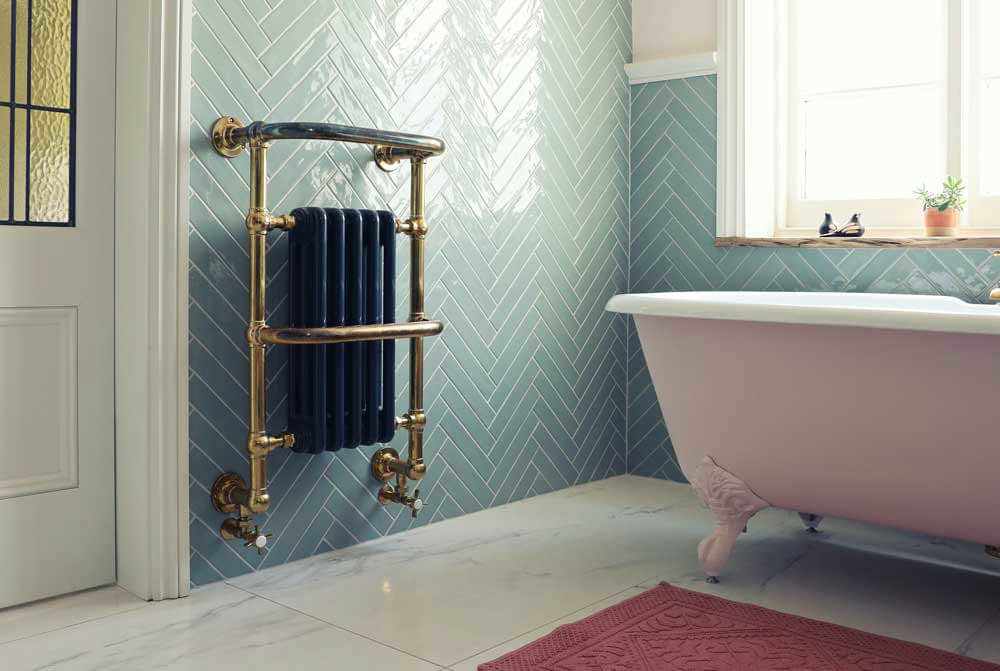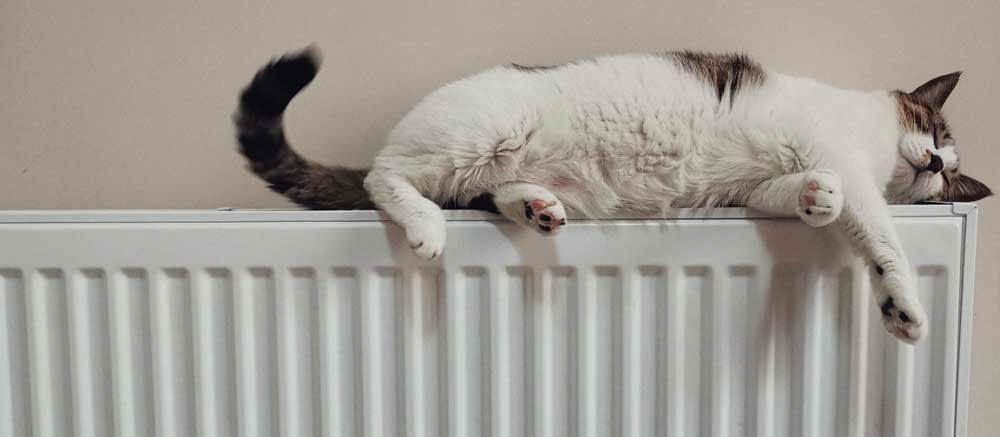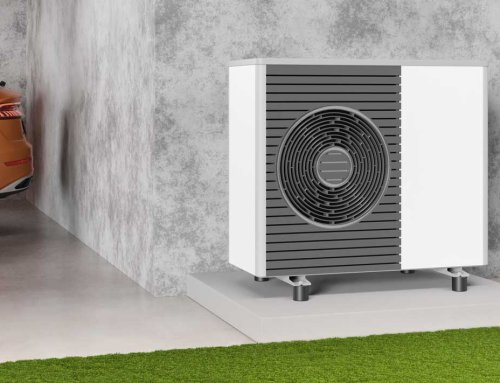Central Heating Radiators – You may never have given much thought to central heating radiators, but they are central to your comfort in the winter. They can also be central to your energy bill, especially if they aren’t working as well as they once did. If you’ve had them for a while, it might be time for an upgrade. But how often should you replace your radiators?
The lifespan of central heating radiators varies depending on their type and usage, but here are some general guidelines: if your radiator is more than 20 years old or if it has been used heavily for several decades, then it has most likely exceeded its life expectancy. Most modern radiators will last around 10-15 years before needing replacement unless they’re exposed to extreme heat or cold conditions. So what does this mean for you?
Modern radiators tend to be smaller and much more efficient than older radiators, so it’s often worth replacing radiators to heat your home better – and to save money.
What is the most efficient central heating radiator?
Technically, the most efficient type of radiator may be an electric radiator, but for homes without electric central heating, this isn’t the usual choice. The most efficient central heating radiators are usually aluminium radiators which have a higher potential heat output than steel radiators.
This is because aluminium is a fantastic conductor of heat. In addition, aluminium is a lighter metal, giving more options for locations to mount the radiator.
Aluminium also allows slim and stylish central heating radiators, which are great for achieving a modern and clean look without compromising function or comfort.
What’s the difference between Type 21 and Type 22 radiators?
All radiators are not the same! While every radiator is designed to transmit heat, the exact method varies with the design of the radiator. Type 21 and 22 radiators are convertor radiators, which means they use fins to provide heat, not just the piping inside the radiator.
Convector radiators heat these fins, which then transfer the heat to the room. The difference in types is in relation to the layout of these fins.
Type 21 radiators contain two panels with one layer of fins. The numbers in the type denominator indicate panels/fins, so a Type 21 is really a Type 2/1. With that in mind, a Type 2/2 (22) radiator has two panels with two layers of fins.
The more fins, the greater the surface area that is heated, and the more heat is generated to warm your room, making Type 22 more effective at heating. If space is limited, a Type 21 radiator can prove a better choice as they are slightly smaller.

NRM Plumbing Heating and Gas Boiler Replacement, 26 Glendoo Close, Walkinstown, Dublin 12. D12E7N9. Phone: +353 1 535 29 48. Mobile: +353 87 990 89 13
Are new central heating radiators more efficient?
Yes. New central heating radiators are more efficient than older central heating radiators as they offer greater potential heat output.
Internal rust and silt build-up can reduce the efficiency of radiators over time, and even with flushing and cleaning, a new radiator will always be more efficient than an older one.
Is it worth buying new radiators?
If central heating radiators are more than ten years old or have been used heavily, then it may be worth updating them to new central heating radiators.
As one of your home’s most essential appliances, it pays to have central heating radiators that work well and provide the heat you need. There are apparent signs that radiators could need replacing, such as cold spots or even leaks.
Other signs can include strange noises emanating from the radiators or a noticeable drop in performance. If your room is cold and it never was before, you might need to replace your radiators.
The savings you will make on your energy bill with new radiators can be significant. Modern materials and designs certainly make it worth buying new radiators.
How much does it cost to replace a radiator in a house?
The cost of central heating radiators will vary depending on the type, size and brand you choose, but for an average central heating radiator, you should expect to pay between €100 to €300.
At this point, it is essential to note that central heating radiators are usually designed so they can be taken out of the central heating system and replaced with ease.
Replacing radiators one at a time rather than all radiators in the house at once is usually more cost-effective and convenient.
However, if your radiators are difficult to access or you have central heating systems with long piping, replacing central heating radiators one at a time can be highly inconvenient and may end up costing more.
Speak to the central heating experts at NRM to determine the best way to approach changing the central heating radiators in your home.
Will changing my old radiators make a difference?
Yes, both to the efficiency of your central heating and the look of your home. Unsightly central heating radiators do not only affect the aesthetics of your home, but they can also reduce heat efficiency by up to 10% as dirt and debris on central heating radiator fins obscure their surface area and lower the efficiency of heat transfer – and that’s not even considering any residue or damage to the inside of the radiator.
How often do radiators need to be replaced?
Some homes have had the same radiators for decades, and they still function and provide heat. This leads to the misconception that “the old ones were built better”, but that’s not true. Just because a radiator is working doesn’t mean it is working well or efficiently.
Any radiator that is over ten years old could have experienced a significant drop in performance. Replacing such radiators will lower your heating bills and keep you nice and warm. Don’t wait until your radiators stop working altogether!
Do new radiators improve heating?
With a well-maintained and effective boiler, new radiators certainly do improve heating. If you’d like to have your radiators replaced or your central heating system evaluated, don’t hesitate to contact NRM Plumbing and Heating – we’re here to improve every aspect of your central heating system.
What is a condensing boiler ? By reading our latest blog post, you’ll discover the benefits of a condensing boiler !







